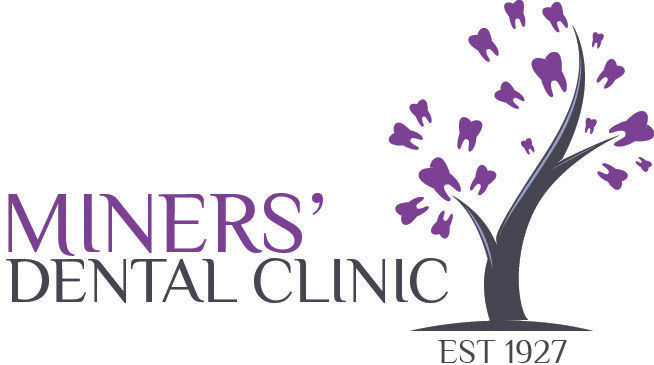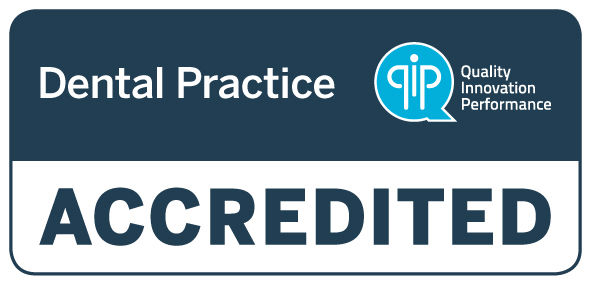Selecting the right toothbrush is essential for maintaining optimal oral health. With a myriad of options available, it can be challenging to determine which toothbrush best suits your dental needs. This comprehensive guide will walk you through the factors to consider when choosing a toothbrush, the benefits of different types, and expert tips for maintaining good oral hygiene.
Why Choosing the Right Toothbrush Matters
A good toothbrush is crucial for effective plaque removal, preventing cavities, and maintaining healthy gums. Using the wrong type can lead to inadequate cleaning, gum damage, and discomfort. Therefore, understanding your dental needs and how different toothbrush features cater to those needs is vital.
Factors to Consider When Choosing a Toothbrush
1. Bristle Type
Toothbrushes come with various bristle types: soft, medium, and hard.
-
Soft Bristles: Recommended for most people, especially those with sensitive gums or enamel erosion. They are gentle yet effective at removing plaque.
-
Medium Bristles: Suitable for individuals without gum sensitivity or dental issues. They provide a balance between gentle cleaning and effective plaque removal.
-
Hard Bristles: Not generally recommended as they can cause gum recession and enamel wear with prolonged use.
2. Toothbrush Head Size
The size of the toothbrush head should fit comfortably in your mouth, allowing you to reach all areas, including the back teeth. For adults, a half-inch wide and one-inch tall head is usually ideal. For children, a smaller head is more suitable.
3. Handle Design
Choose a toothbrush with a comfortable, non-slip grip. This ensures better control and maneuverability, especially when reaching the back teeth. Ergonomically designed handles can make brushing more effective and comfortable.
4. Manual vs. Electric
Manual Toothbrushes
-
Pros: Cost-effective, easily accessible, and travel-friendly.
-
Cons: Requires proper technique and can be less effective if not used correctly.
Electric Toothbrushes
-
Pros: Often more effective at removing plaque, easier to use, especially for people with limited dexterity. Many come with built-in timers to ensure proper brushing duration.
-
Cons: More expensive, require charging or battery replacements.
Specialized Toothbrushes
1. Interdental Brushes
Designed to clean between the teeth where standard toothbrush bristles can't reach, these are especially useful for people with wider gaps between their teeth or those wearing braces.
2. Toothbrushes for Orthodontic Care
These toothbrushes have V-shaped bristles designed to clean around braces and other orthodontic appliances effectively.
3. Eco-Friendly Toothbrushes
Made from sustainable materials like bamboo, these are an excellent choice for environmentally conscious consumers. They often come with biodegradable handles and recyclable bristles.
Expert Tips for Maintaining Good Oral Hygiene
1. Brush Twice a Day
Ensure you brush your teeth at least twice daily, preferably in the morning and before bed, to remove plaque and prevent cavities.
2. Use Proper Brushing Technique
Hold your toothbrush at a 45-degree angle to your gums and use gentle, circular motions. Avoid aggressive scrubbing, which can damage your gums and enamel.
3. Replace Your Toothbrush Regularly
Replace your toothbrush every three to four months, or sooner if the bristles are frayed. A worn-out toothbrush is less effective at cleaning your teeth.
4. Don't Forget to Floss
Brushing alone cannot remove all plaque and food particles from between your teeth. Use dental floss daily to clean these hard-to-reach areas.
5. Regular Dental Check-ups
Visit your dentist regularly for professional cleanings and check-ups. This helps in early detection and treatment of any dental issues.
Conclusion
Choosing the right toothbrush is a fundamental step in maintaining excellent oral hygiene. By considering factors like bristle type, head size, handle design, and whether to opt for a manual or electric toothbrush, you can find a toothbrush that best meets your dental needs. Additionally, specialized toothbrushes can provide extra care for specific dental conditions. Coupled with proper brushing techniques and regular dental visits, the right toothbrush can significantly enhance your oral health.
For comprehensive dental care and expert advice on selecting the right toothbrush, consider visiting Miners Dental Clinic. Their experienced professionals are dedicated to providing personalized dental services for all ages, ensuring that you and your family receive the best possible care. From routine check-ups and cleanings to advanced treatments, Miners Dental Clinic is committed to helping you maintain a healthy and bright smile.
By choosing the right toothbrush and partnering with a trusted dental clinic like Miners Dental Clinic, you can ensure that your teeth and gums remain healthy and strong for years to come.
References
By following these guidelines and utilizing the professional services at Miners Dental Clinic, you can take proactive steps to maintain excellent oral hygiene and ensure a lifetime of healthy smiles. Happy brushing!


